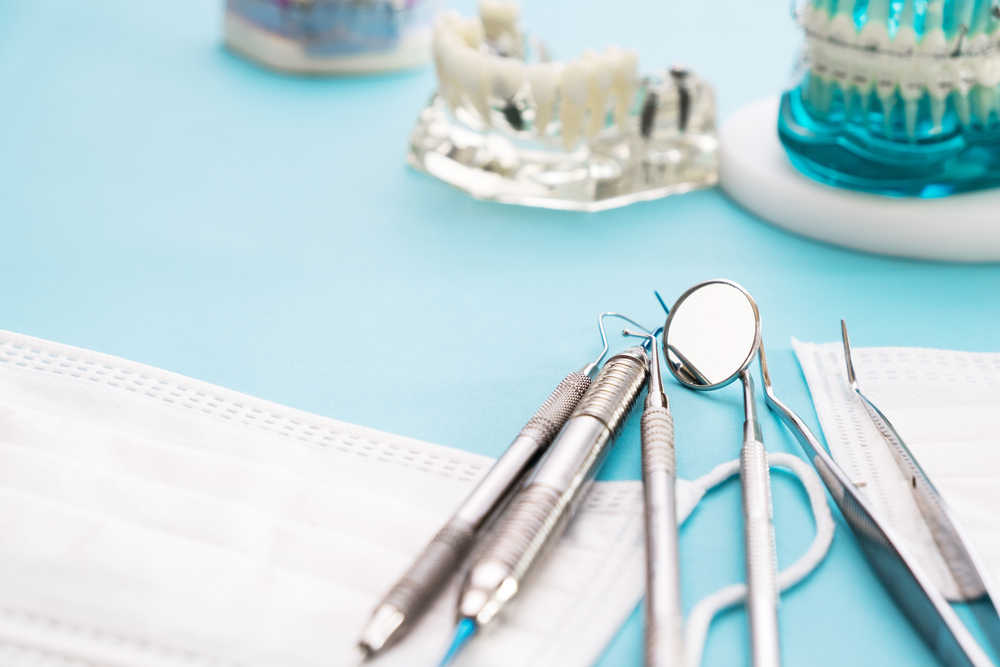
As we get older and start having families of our own, we start telling our children anything possible to make them brush their teeth and take control of their oral health. It is also possible while you grew up yourself, you were told some bizarre oral hygiene tips from family members. But, what actually works? Here are some of the top dental myths being repeated that you can take out of your oral routine.
- Only go to the dentist or periodontist when you have toothaches or mouth pains.
- No! You should routinely go to the dentist for cleanings. During the cleanings, your dentist will be checking for signs of gingivitis, tooth tenderness, cavities, tooth decay, and any other signs of poor oral hygiene. It is important to go to the dentist routinely, even if you aren’t experiencing tooth pains or aches so that you do not go when it is too late! Seeking dental attention when you already are in pain most likely means you are experiencing major dental issues.
- Your gums are bleeding because you brush and floss too hard.
- Wrong, again! Brushing and flossing too hard are not the reason your gums are bleeding. While they are being damaged by the rampant brushing, your gums are bleeding most likely because they are infected and inflamed. The sign of bleeding gums is typically gingivitis or periodontitis. If you are experiencing your gums bleeding, you should see your dentist as soon as you possibly can for treatment before your oral health deteriorates more.
- If you have bad breath, you are not good at brushing your teeth.
- While this may be partially true, if you have bad breath there may be a bigger cause. Bad breath typically comes about when your teeth are decaying. Another reason for bad breath could simply be the food you eat or if you are sick. Brushing your teeth is a major proponent of not having bad breath, but do not believe it is the only cause.
There are so many dental myths that circulate, and this is just the tip of the iceberg. If you believe you could be following oral care that may not be true, consult with your dentist. Your dentist and their staff will be able to walk you through proper oral hygiene routines.



